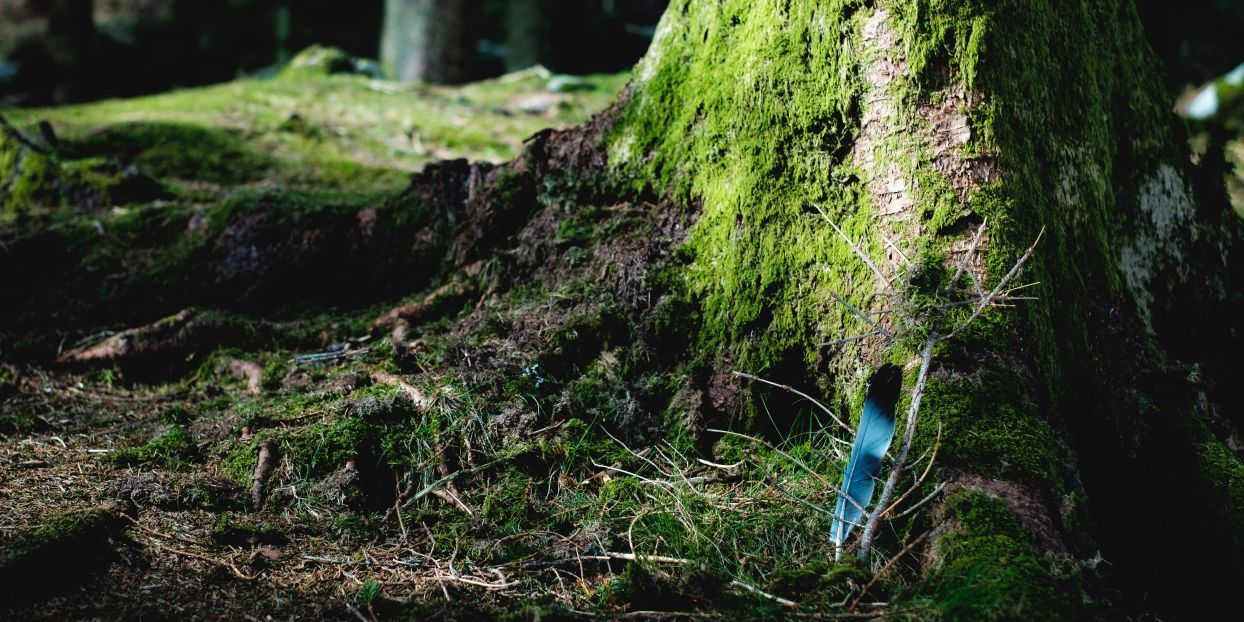
Research news
Diabetes: New evidence underlines the role of obesity
01/27/2021 · German Institute of Human Nutrition Potsdam-RehbrueckeWeight loss is considered to be an integral part of the therapy for type 2 diabetes. New data from a large-scale observational study support the current recommendations of physicians.

Cultural heritage as a factor for quality of life
01/27/2021 · Leibniz Institute of Ecological Urban and Regional DevelopmentWith their historical centres, many towns and small cities in Germany and Europe have a unique quality of life. A list of relevant indicators ensures that this is more easily recognized.
White turns into (extreme-)ultraviolet
01/26/2021 · Max-Born-Institute for Nonlinear Optics and Short Pulse SpectroscopyResearchers have developed a new method to modify the spectral width of extreme-ultraviolet (XUV) light. Its generation is interesting for applications such as electron spectroscopy.

Electricity from the house wall
01/21/2021 · Leibniz Institute of Ecological Urban and Regional DevelopmentRoofs are not the only suitable places for installing photovoltaic modules to generate electricity from the sun’s rays. Facades could also play a much more significant role in Germany’s energy transition.

Website of the German Nagoya Protocol HuB goes online
01/19/2021 · Leibniz-Institute DSMZ–German Collection of Microorganisms and Cell CulturesThe GNP HUB project sees itself as a contact point and source of support for academic researchers in Germany. The information is aimed at both newcomers and experienced researchers.










